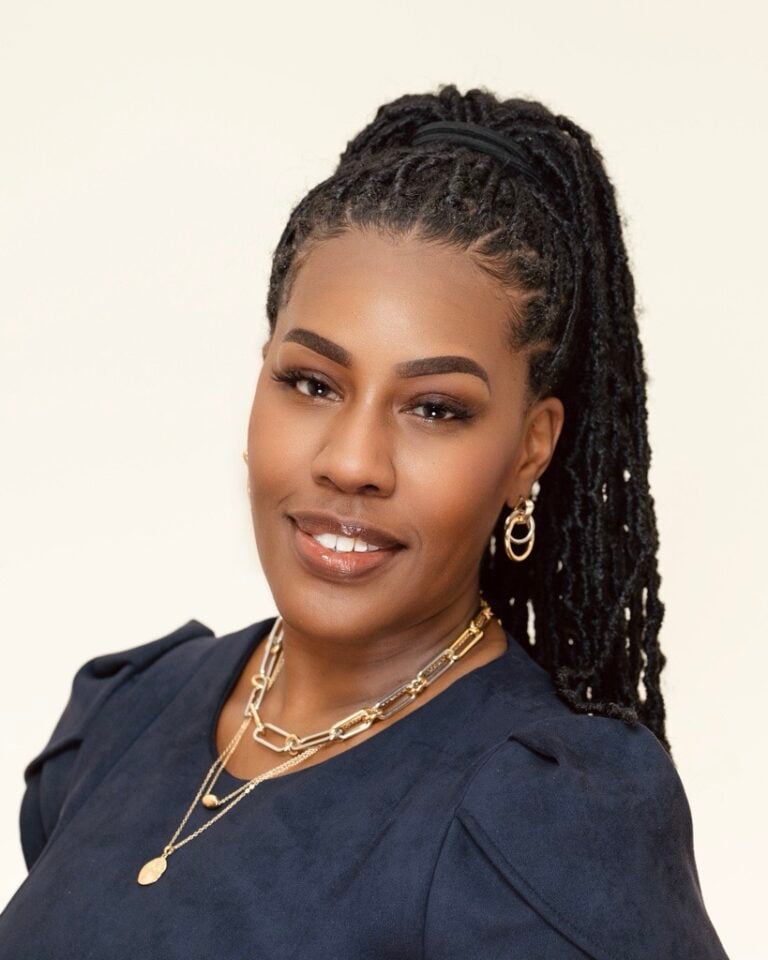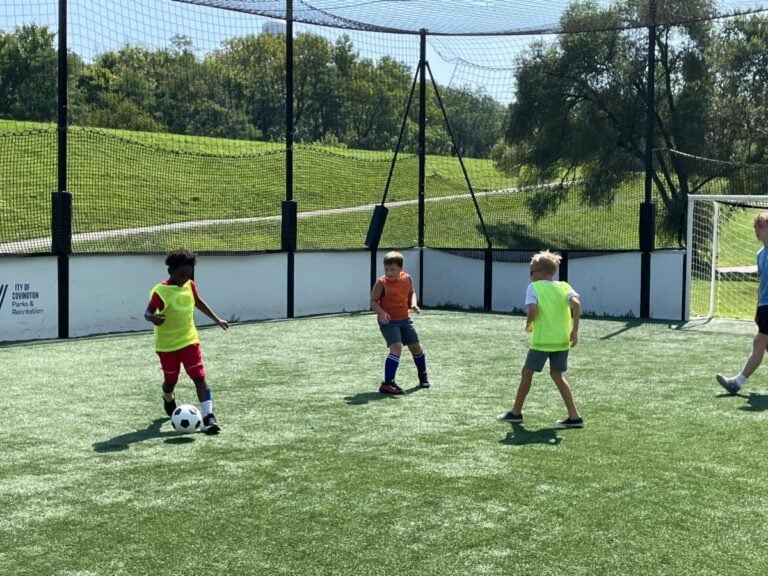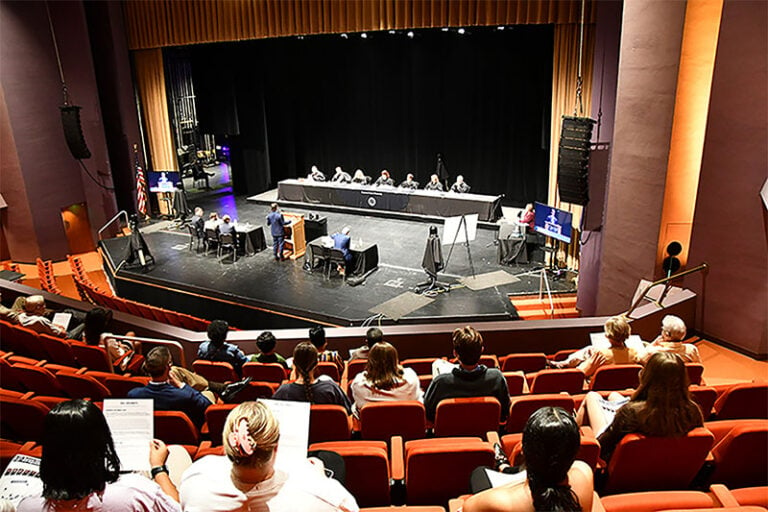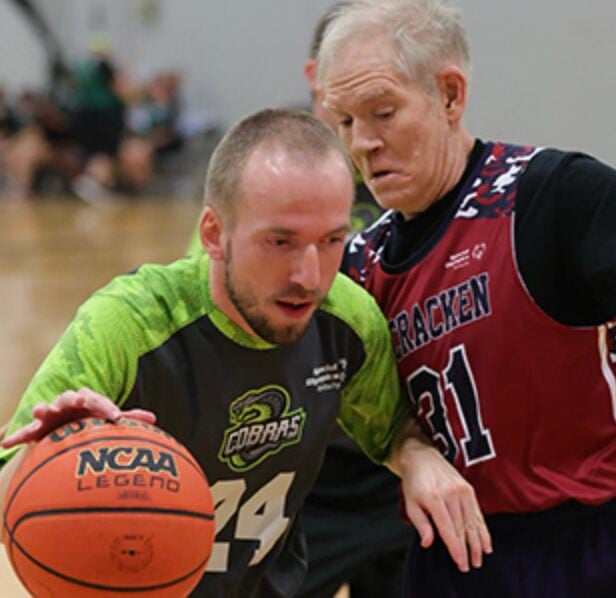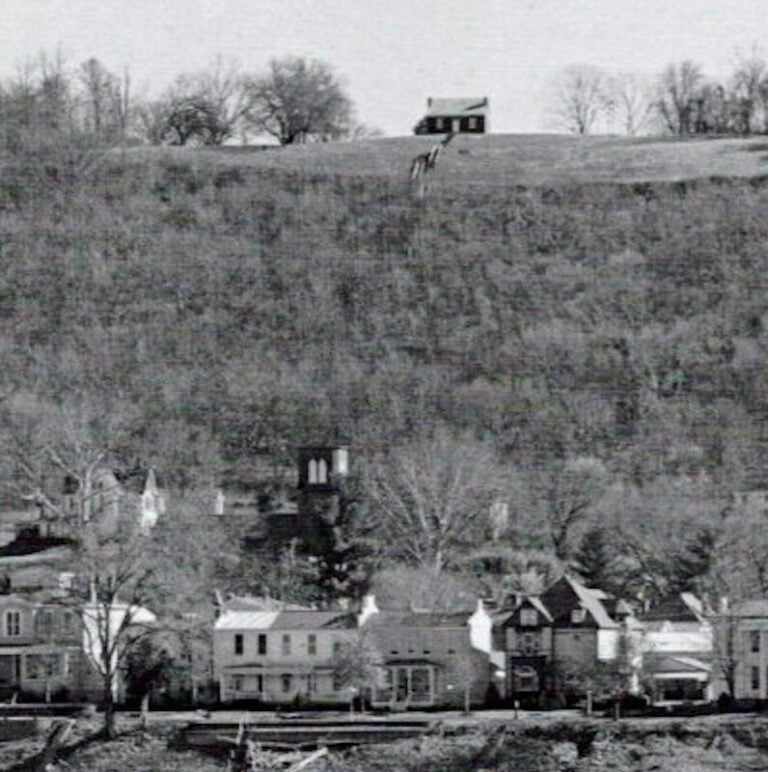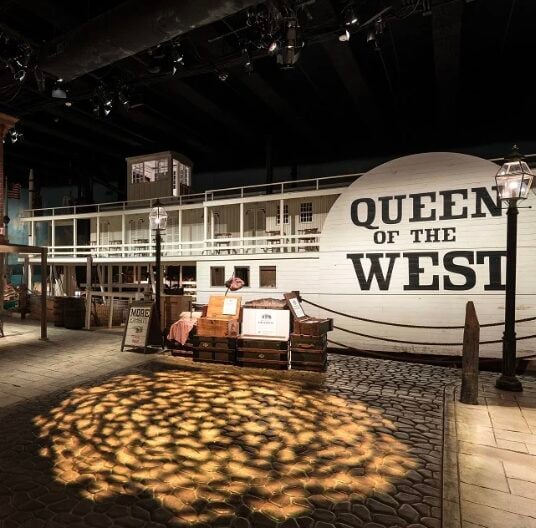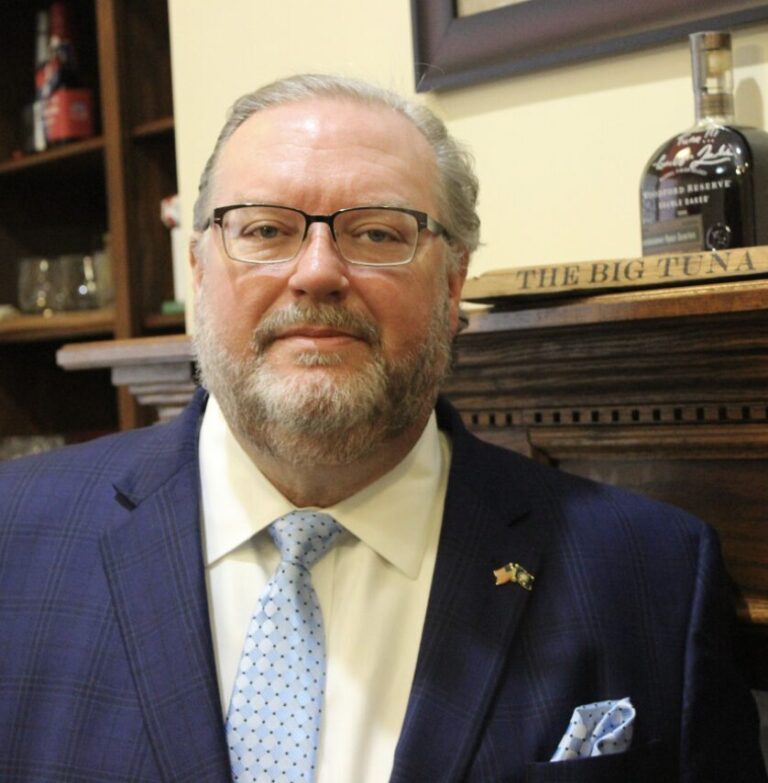When I think about my incarceration as a teenager, my heart breaks for any child that has to go through the same things I did.
During my first year of high school, I began drinking heavily. What started as a teenage rebellion quickly turned into the inability to stop, even in the face of steep consequences. As my drinking progressed, my attendance at school failed and I became truant and ended up in family court. My mother was threatened with contempt of court if I continued to miss school, so I made sure I was there. My social drinking had turned into an almost daily habit, and even though I was physically at school, I was still intoxicated. After being charged twice with public intoxication as a minor, the third charge, coupled with truancy, resulted in detainment. I had just turned 15.
After my court hearing, I was held in a cell for several hours while waiting to be transported to the Fayette Regional Juvenile Detention Center in Lexington. I was afraid, and no one came into the cell to explain what was happening to me. I did not get to say goodbye to my mother, and I spoke to no one until I was shackled and placed in the back of a vehicle. On arrival at the detention center, I was frisked. Being frisked by an officer is an aggressive act, especially if you are a child. I felt violated and degraded.

Once I entered the facility, I was taken to a room where I was told to strip and shower. The female officer threw a cup of orange liquid at my body, and it didn’t even touch me. I wasn’t told until later that the orange liquid was for de-lousing. I was told to shower right after, in freezing cold water. My shower time was cut short, and I left the shower with soap still in my hair and on my body.
There was zero freedom in the detention center. We were even told how to walk to and from locations in the jail: hands cuffed and placed at the small of our back. The most important instruction was that there was no talking. This would be a theme for my stay.
Detention has a profoundly negative impact on young people’s mental and physical well-being. This is caused by restrictions placed on speaking, or even looking, at another individual without permission, and the fact that most time spent in detention is in confinement. I experienced suicidal thoughts for the first time in my life while incarcerated, and I had no one to talk to about what I was going through. I was confused and I was afraid.
It is no secret that youth detention centers in Kentucky are ineffective at best, and dangerous and inhumane at worst. To incarcerate—and traumatize—a child in the state of Kentucky costs $539.31 per day, per person, and there is zero research to suggest that money is well spent, either for the individual or their community.
However, research does suggest people incarcerated as children have much greater chances of being detained as adults. Research also suggests that treatment, coupled with therapy, decreases the chances of an individual committing a crime.
My incarceration was the outcome of my trying to effectively navigate an already chaotic and traumatizing environment. My situation is not unique, and most, if not all, individuals I have met who were also incarcerated as children grew up in similar environments. It is a bizarre solution to take a child out of an already chaotic environment and confine them in a place where they have fewer options, less control, and no mental health support.
Reopening detention centers is not a solution. Building more detention centers is not a solution. I am proof that incarceration is not the cure, especially for young people. Nothing was more terrifying than what I experienced in that jail. I am also proof of the strength of therapy and treatment, and that is the solution we should be focusing on. We need juvenile justice reform that centers children’s mental health, recovery, rehabilitation from trauma, and places importance on the root causes of behaviors.
My addiction brought me grief and shame, and my time spent in the juvenile justice system only amplified those feelings. I have been in recovery for almost 7 years now, as the result of treatment and therapy. I am now a tax-paying, hardworking Kentuckian. I am finishing my bachelor’s degree in social work, and I volunteer my time to help solve social issues in Kentucky, like rebuilding homes in Louisville’s West End.
Although I have completely turned my life into one that is worth living, I still feel the repercussions of my days in active addiction and my time in the juvenile justice system. I still feel that I do not belong in some spaces and am afraid of most authority figures. I blame the system I was thrown into as a teenager, and how dehumanized I was at an early age.
I was a child, and I was harmed by the juvenile justice system.
Brittany Harris is a full-time student in Spalding University’s School of Social Work. She also works with organizations like The Healing Place and The Kidz Club, both of which serve people directly impacted by substance use disorder and the carceral system.







